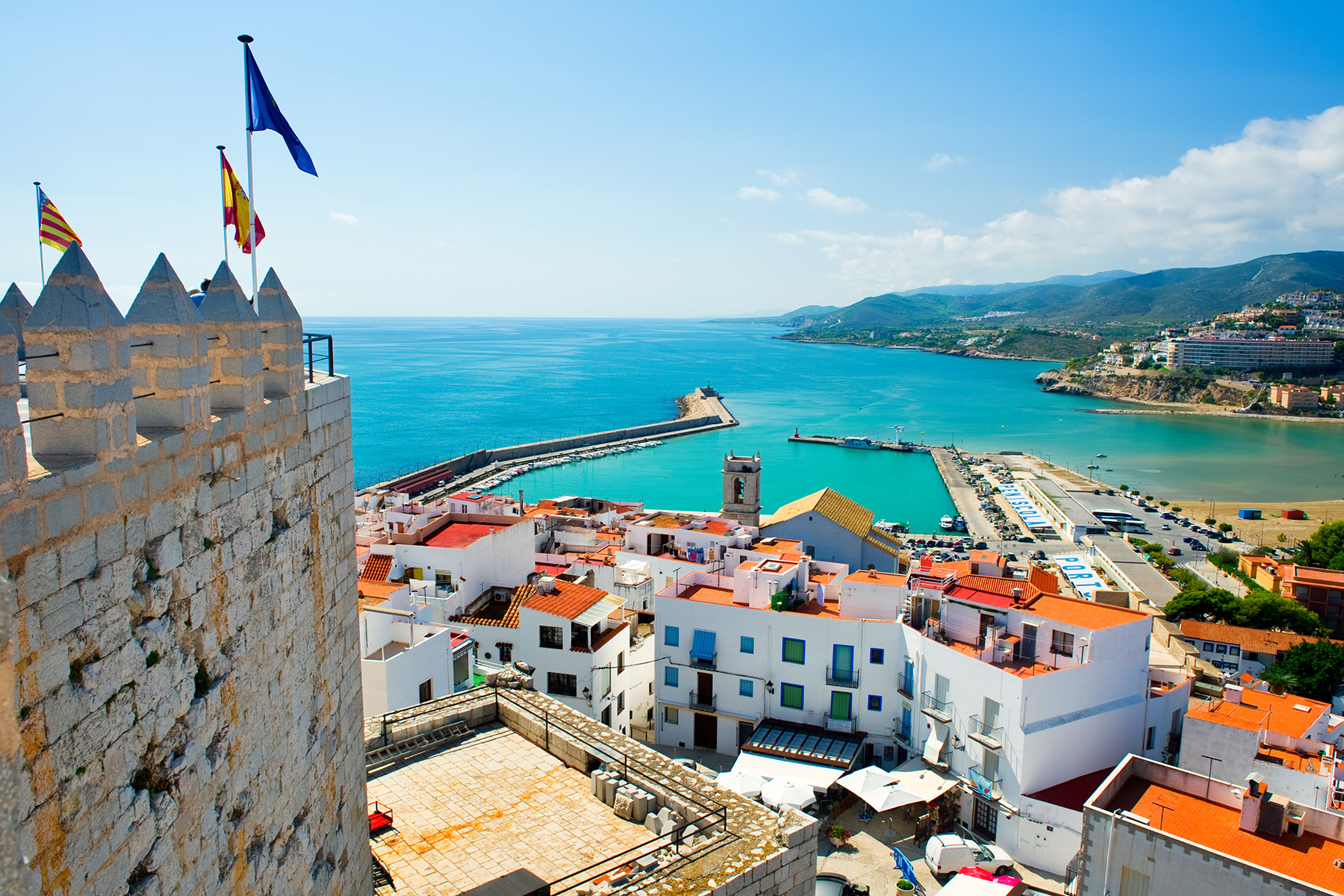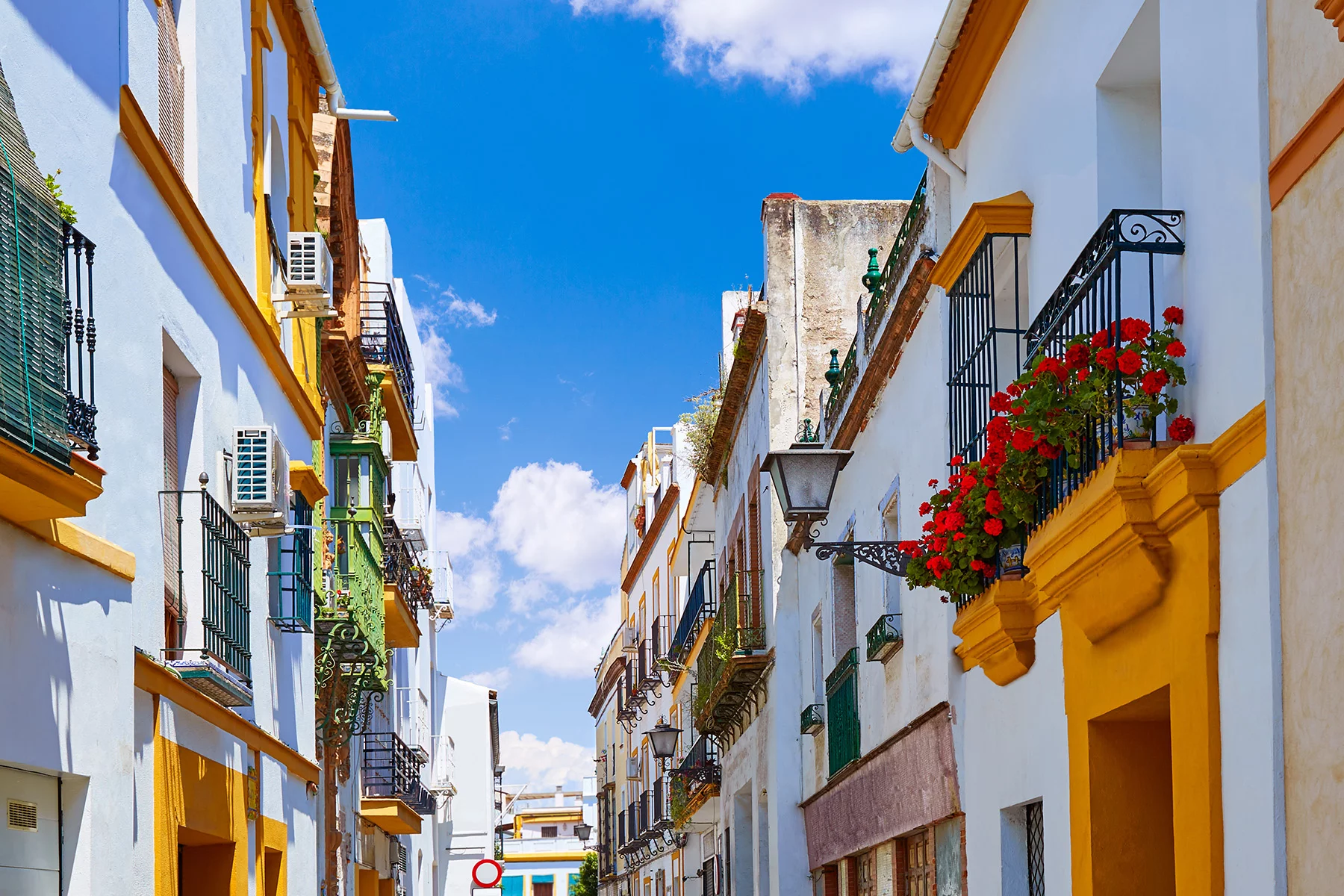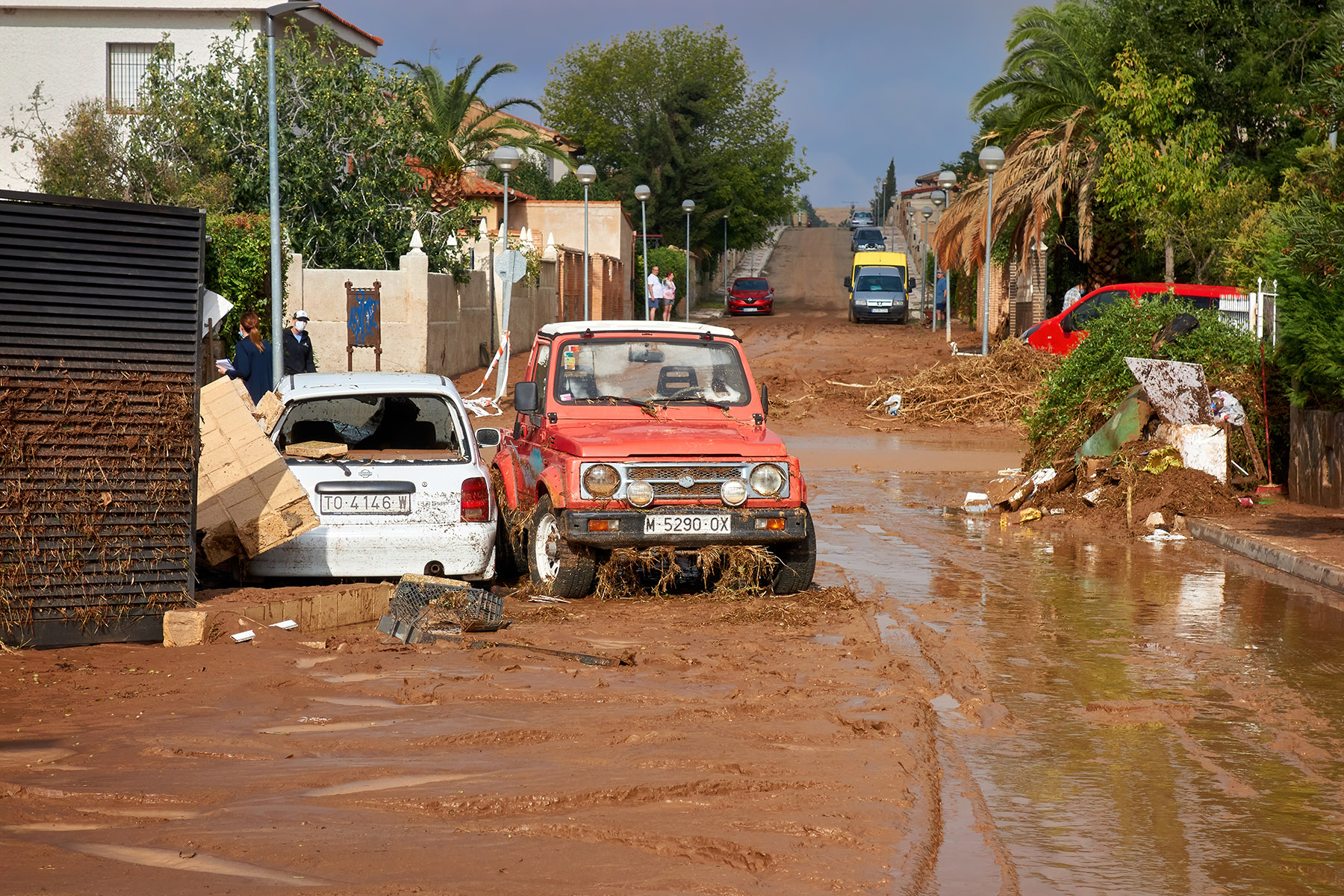Spain is a popular destination for expats, with over 12% of its population foreign-born and many people attracted by the warm climate and good quality of living. However, to avoid your dream life in the sun turning sour, you’ll need to think about protecting against risks such as fire damage or break-ins.
Unlike some other types of insurance in Spain, home coverage isn’t a legal requirement when it comes to either building or contents. However, many residents take out a policy to cover their worldly goods for peace of mind.
This guide explains what you need to know when it comes to choosing good home insurance coverage, with sections on:
- An overview of home insurance in Spain
- Spanish home insurance companies
- Home contents/renters insurance in Spain
- Building insurance in Spain
- Combined home insurance in Spain
- Liability insurance in Spain
- How to choose home insurance in Spain
- Applying for home insurance in Spain
- How to make a home insurance claim in Spain
- Canceling a contract or changing provider
- Making a complaint about a Spanish insurance company
- Holiday home insurance in Spain
- Useful resources
An overview of home insurance in Spain
There are generally two types of home insurance (seguro de hogar) in Spain:
- Contents insurance (seguro de contenido), sometimes known as renters /tenants insurance, protects all movable assets such as furniture and valuables
- Building insurance (seguro de construcción) covers the fixed property including walls, floors, ceilings, and any internal fixtures
Neither contents nor building insurance is mandatory in Spain, although they are recommended especially if you own expensive property. You can usually buy them as a combined package, often just called home insurance. Most forms of home insurance in Spain typically include liability insurance coverage. If not, you can usually add this on as an extra.

The home insurance sector in Spain was worth over €4.6 billion in 2020, the third-highest non-life insurance in Spain after car insurance and health insurance. However, there are an estimated eight million homes across the country without contents insurance.
The Directorate-General for Insurance and Pension Funds (Direccion General de Seguros y Fondos de Pensiones – DGSFP) regulates the Spanish insurance market. All companies must operate within the law otherwise they face large fines or worse.
Can you use home insurance from another country in Spain?
Spain has no laws against using home insurance from abroad, so you can do so if you have purchased an extended coverage policy that includes overseas protection. Some insurers are willing to provide contents insurance that covers other countries. However, companies usually only offer building insurance for homes abroad if they have products tailored towards expats, such as holiday home insurance.
If you’re relocating to Spain, you might be able to transfer your existing home insurance policy to your new property if your insurance provider operates in Spain. All insurers within the EU/EFTA can trade in Spain as long as they follow EU guidelines. However, your insurer will want to recalculate your premium based on your new property and associated risk factors. They may also charge an admin fee. Check the terms with your current provider if you are thinking of doing this.
Spanish home insurance companies
With Spain’s home insurance market so lucrative, it should come as little surprise that there are several insurers to choose from. Indeed, the number of companies can seem confusing at first. However, be sure to do your research and ensure you get the right coverage for your home. Insurers offering home coverage in Spain include:
Some companies offer deals specifically for expats living in Spain, such as Liberty and Caser. However, many insurers typically only offer policies in Spanish, which may be something you need to consider.
Many Spanish banks also sell insurance products, including home insurance deals, so it pays to shop around.
Home contents/renters insurance in Spain
Contents insurance (seguro de contenido) is also known as renters/tenants insurance (seguro de inquilinos) in Spain. This is because it is a common purchase among renters who typically don’t need building insurance. However, contents insurance is frequently sold together with building insurance to Spanish homeowners.
Contents insurance in Spain is optional and it is the tenant’s responsibility to insure their belongings. Packages tend to differ substantially between companies. However, most will have at least two levels of insurance (standard and all-risk), or will offer a standard plan with the option of choosing additional coverage that you need.
Standard plans protect against fire and water damage. They often also include electrical damage, theft, vandalism, and civil liability coverage. Common exclusions are limits to the total value of contents that you can cover, valuable items such as expensive jewelry, items kept in gardens, and damage caused by accidents or negligence.

All-risk plans, sometimes called fully comprehensive insurance, tend to include pretty much everything. This means risks such as damage caused by negligence, property taken off the premises, vehicles such as bicycles and boats, and emergency and legal expenses. They also have higher payout limits on valuables. However, there are still limitations. For example, you won’t be able to claim for deliberate damage or for damage to road vehicles, as cars need to have separate car insurance.
Home contents insurance costs
As with all types of insurance in Spain, the amount you pay for your home contents coverage depends on various factors including the value and condition of your belongings, level of coverage you take out, your location, risk factors associated with your property, and your individual insurance profile.
Typical prices are around €75–€100 a year for basic policies. Expect to pay around €125–€200 annually for all-risk coverage. This may be more if you are insuring valuable items. Many companies have cost calculators on their websites, such as this one from Liberty.
Building insurance in Spain
You can usually buy building insurance (seguro de construcción) in Spain as a standalone policy. Some companies may list it under home insurance (seguro de hogar) and sell it as the basic policy option which covers the property structure but not the contents.
Some companies also sell specific types of building insurance, for example for apartments in communal blocks, listed buildings, or properties unoccupied for long periods.
Building insurance is popular with landlords who rent out unfurnished lets. Some homeowners may also choose to insure just their building and not their contents. Spanish mortgage providers may insist on a minimum of building insurance coverage.
Similar to contents insurance, you can usually find a few different levels of building insurance coverage. Basic plans will protect internal and external walls, ceilings, floors, lofts, and usually bathroom and kitchen units from fire and water damage. Some basic policies also include electrical damage and civil liability coverage. Common exclusions are damage due to negligence, earthquakes, and garden fixtures such as sheds and swimming pools.
All-risk policies will account for all of the above plus they can also include heating and air conditioning units, sanitation systems, and fixed lighting and sound equipment. Most policies will pay for the cost of a full rebuild, whereas basic policies often have limits to the coverage amount, and may only pay for the repair rather than the replacement of some structures.
Costs of building insurance in Spain
Spanish building insurance costs vary according to factors such as building age, size, value, condition, location, and materials used. The insurer may also ask you questions about any security systems you have installed as well as what the building’s main purpose is (e.g., primary residence, secondary residence).
Costs usually start at around €100 for basic plans but can be around €400–€500 or more for all-inclusive insurance on large detached properties. Check costs on a calculator such as this one on the Caser website.
Combined home insurance in Spain
Combined insurance is the most popular type of home insurance in Spain. Usually just called home insurance (seguro de hogar), or sometimes household insurance, it consists of both building and contents coverage. You will usually get liability coverage with this. Combined insurance is particularly suitable for owners who have bought a property in Spain that they intend to live in.
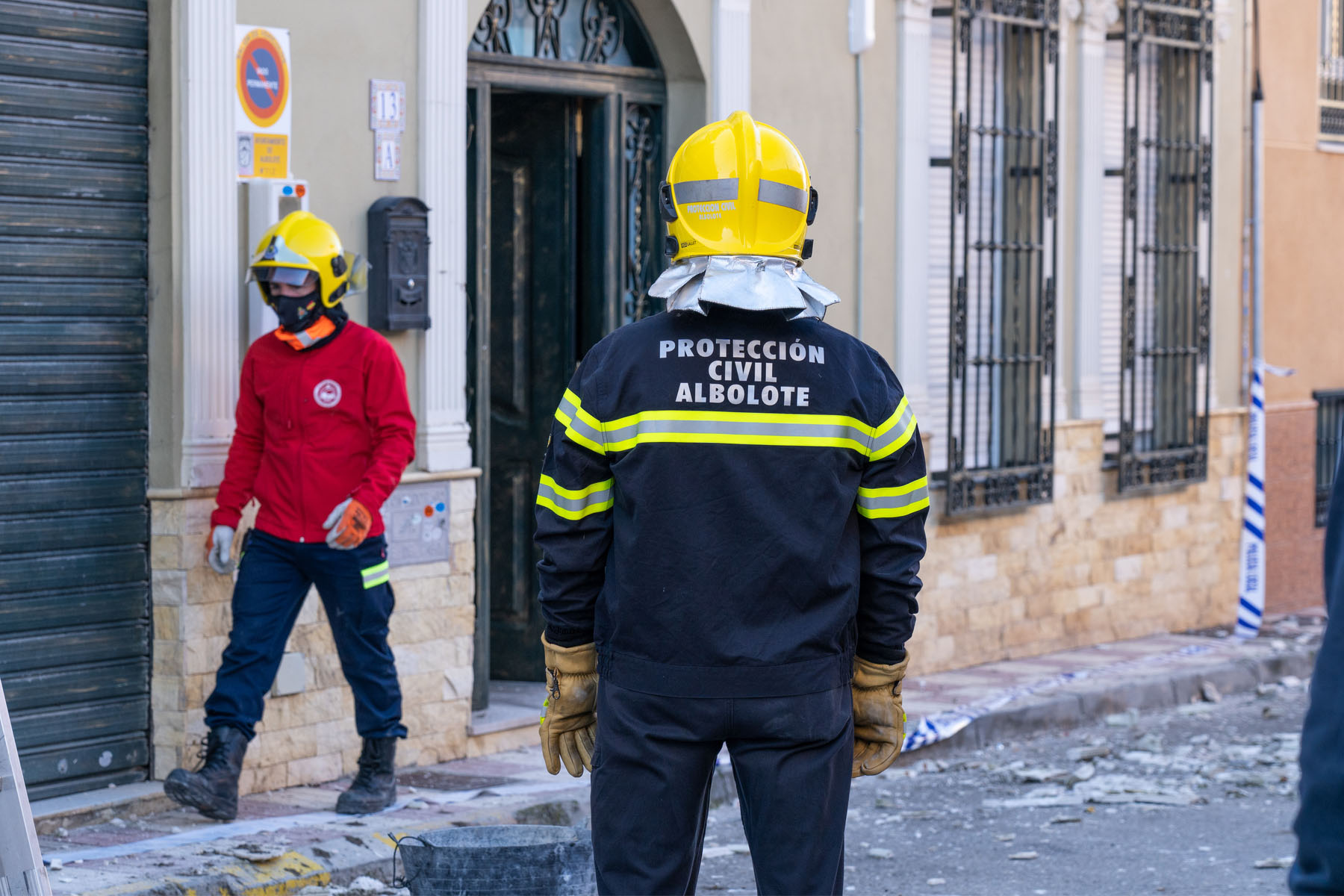
You can typically save around 10-20% by buying combined home insurance in Spain, compared to the costs of purchasing two individual policies. Use a price simulator such as this one on the Liberty website to get a quote and compare it with individual building and contents insurance prices.
Liability insurance in Spain
Liability insurance in Spain covers your costs in the event of an incident that causes injury or damage to third parties or their property, either in your home or caused by your property. It can cover legal costs, medical costs, property replacement costs, and even funeral costs in the event of a fatal accident.
In Spain, liability insurance is normally part of your home insurance. Some basic policies may not include it as a standard, but you can usually add it on for an increased premium. The maximum liability coverage varies from up to around €300,000 on basic insurance policies to up to between €1 million and €5 million on all-risk plans.
It is not common for people in Spain to take out individual private liability insurance, unless they run a business or work in a professional capacity. Not many insurance companies sell non-business liability insurance. Santalucia is one that does. If you want to take out a personal liability policy, you can get a quote on the calculator here (in Spanish).
How to choose home insurance in Spain
Choosing the right home insurance in Spain is all about weighing up all the different factors important to you. Here are some things you might want to consider, aside from annual premium fees:
- How much the company pays out in the event of a claim.
- Whether you can tailor the policy so that you’re not paying for cover that you don’t need and aren’t missing anything you do need.
- Any bonuses, discounts, or incentives, for example, no-claims bonuses or gifts for new customers.
- Company reputation: what is the customer feedback like and what do online review sites say?
- How easy is it to make a claim or cancel a contract?
Additionally, you can also check how companies perform in terms of sustainability, ethics, and corporate social responsibility. You can check to see if the company is listed, and how it performs, on sites such as EcoVadis and CSR Hub.
Applying for home insurance in Spain
As is the norm, each company has its application procedure. However, with most of the big firms, you can start by completing the quote form and go from there. Depending on your needs, a local agent may then contact you to discuss your requirements and take you through the process.
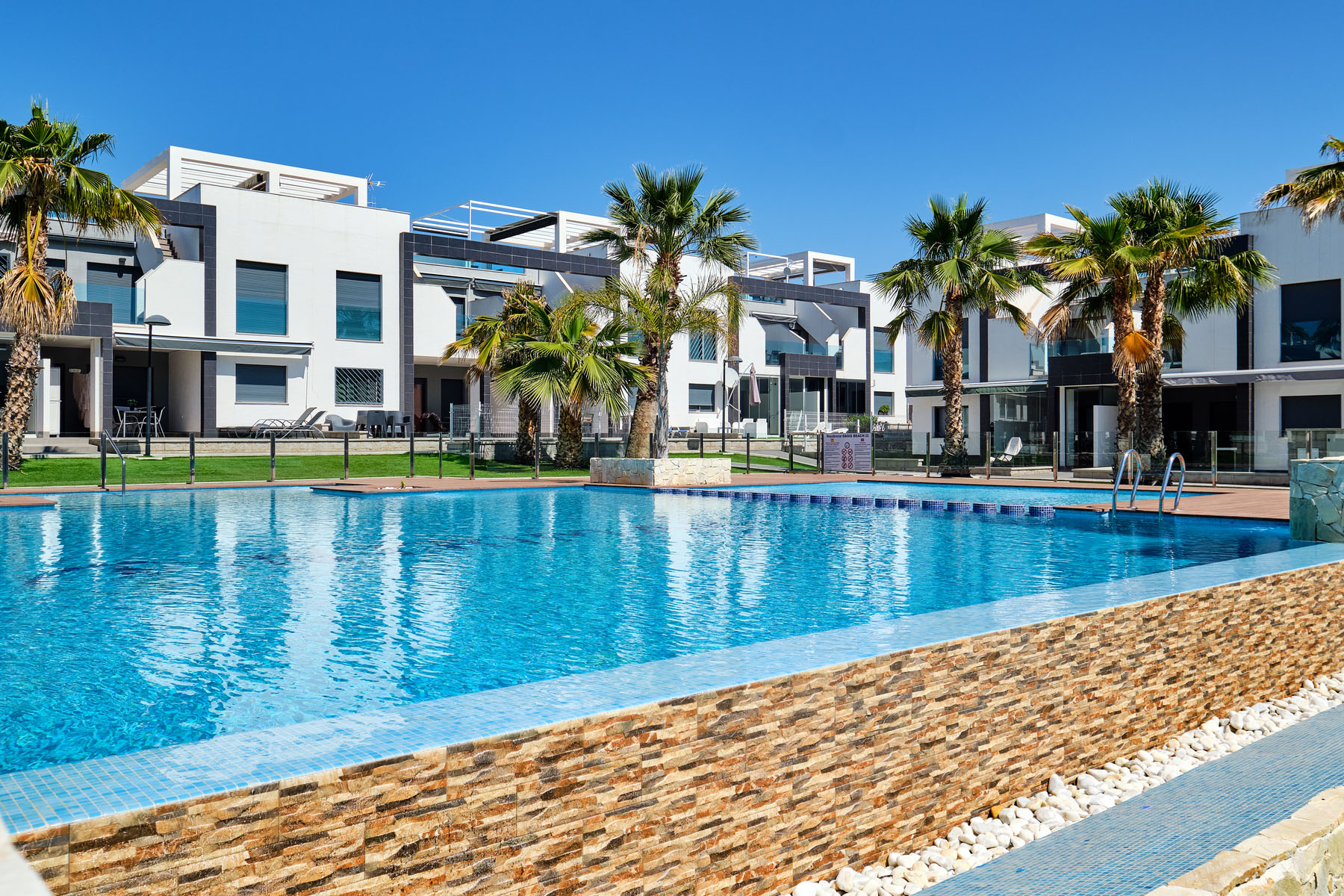
How long the process takes depends on whether or not you’re taking out a combined policy with building insurance. If this is the case, you will usually have to provide extensive details about the property such as age, size, and condition. Your insurer may ask you to provide a professional valuation.
To take out insurance, you will typically need to provide an address, proof of ID, your NIE number, and your bank details for payment. The company will send you the policy and associated documents either by email or via post. Most policies will last at least twelve months and may automatically renew if you don’t cancel within the notice period.
How to make a home insurance claim in Spain
If you need to make a home insurance claim in Spain, you should contact your insurer as soon as possible. Your insurance company should provide clear details of the claims process when you take out your policy. Typically, you will have to either phone or email them. Most companies require you to file the claim within seven days of the incident.
You will need to complete a claim form and give details of the policyholder, policy number, and details of your claim. You can send pictures if you are reporting damage. In the event of a burglary or criminal damage, you usually have to provide a police report. Your insurer will probably give you a claims number and assign you a claims representative.
Straightforward claims are normally settled within a few weeks. If there are any queries and you have to provide additional information, it may take longer. According to Spanish law, you should be reimbursed within three months of the date of the incident.
Canceling a contract or changing provider
You can cancel a contract or switch insurers in Spain if you find a better deal or are unhappy with your existing service. Each company has its termination terms and conditions. Notice periods can range from 15 days to three months. If you’ve taken out insurance for a fixed period, you may need to pay an exit fee unless you have a good reason for canceling.
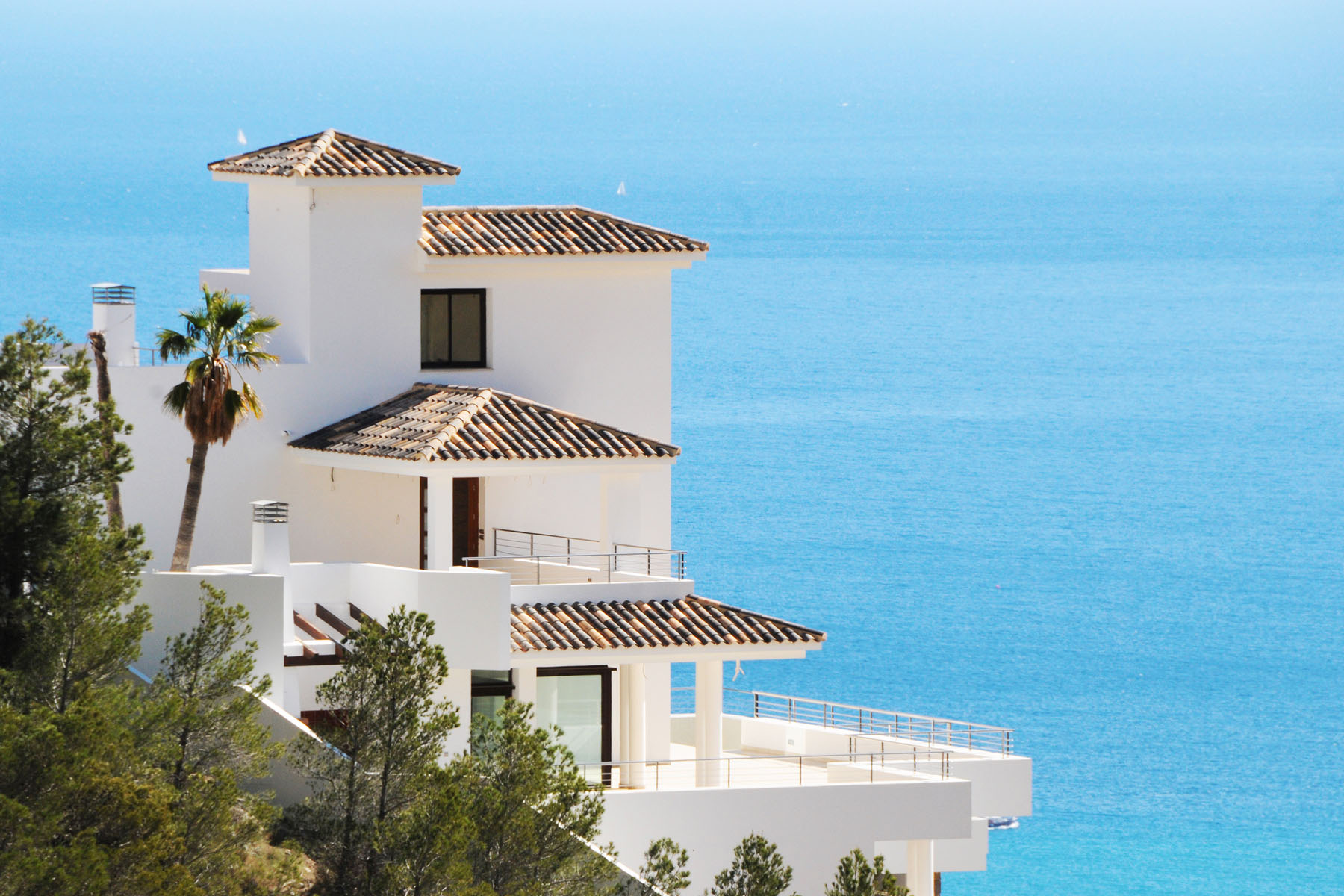
Many home insurance policies in Spain automatically renew unless you give advance notice of termination. Typically you will need to write to the company informing them of your decision and giving reasons. The insurer has the right to refuse to renew the contract if they have a valid reason and give you 15 days’ notice.
Making a complaint about a Spanish insurance company
To complain about a Spanish home insurance company, you should follow these steps:
- Step one – File a complaint in writing with the Ombudsman or Customer Service Department of your insurance company. Your insurer should provide you with details of its Ombudsman. If not, you can find them through the DGSFP website.
- Step two – If you’re not happy with the response or you don’t receive a response within two months, you can take the complaint to the DGSFP. They will assess the complaint after contacting the insurer and issue a report stating whether they feel the company has complied with the law.
- Step three – Your final option, if you are still not happy, is to go to court. You can also go to court before filing a complaint with the DGSFP. However, keep in mind that you will be responsible for court costs.
Holiday home insurance in Spain
Many people own holiday homes in Spain. As a result, a lot of Spanish insurance companies offer holiday home insurance, sometimes called second home insurance (seguro de sefunda vivienda). You can also find offers with expat insurance firms and holiday home insurance specialists such as IntaSure in the UK.
Holiday home insurance normally includes the same coverage as for general homes, plus you can usually insure against specific risks related to second homes such as protection against lost rental income.
Useful resources
- Directorate-General for Insurance and Pension Funds (Direccion General de Seguros y Fondos de Pensiones – DGSFP) – regulates the Spanish insurance industry
- Acierto – an insurance comparison website
- Home insurance terms & conditions – sample document detailing general conditions


